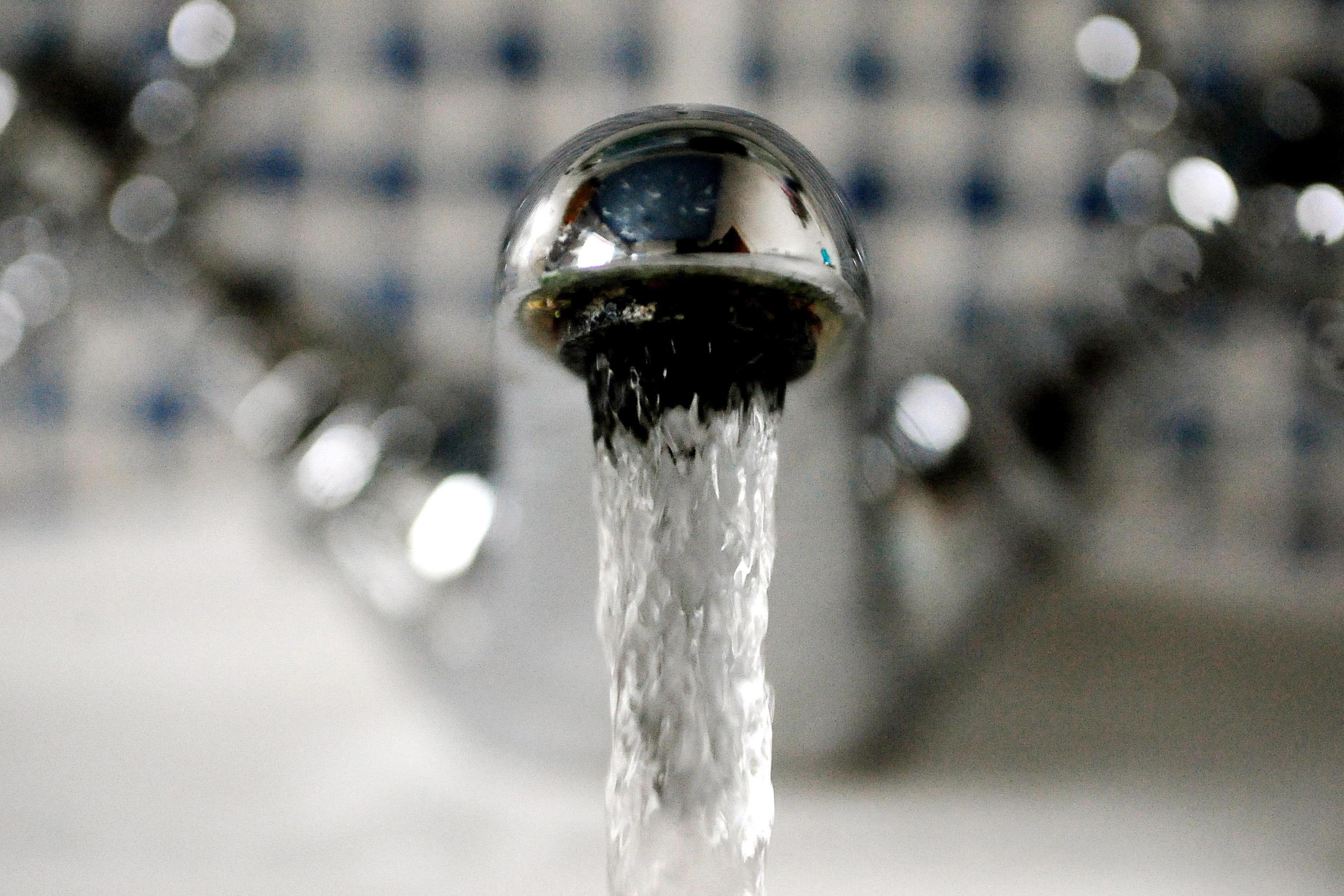Water nationalisation comes with more-than £99 billion price tag, minister warns
Baroness Hayman of Ullock said the Government has no intention to bring water firms into public ownership ‘given the significant costs attached’.

Your support helps us to tell the story
From reproductive rights to climate change to Big Tech, The Independent is on the ground when the story is developing. Whether it's investigating the financials of Elon Musk's pro-Trump PAC or producing our latest documentary, 'The A Word', which shines a light on the American women fighting for reproductive rights, we know how important it is to parse out the facts from the messaging.
At such a critical moment in US history, we need reporters on the ground. Your donation allows us to keep sending journalists to speak to both sides of the story.
The Independent is trusted by Americans across the entire political spectrum. And unlike many other quality news outlets, we choose not to lock Americans out of our reporting and analysis with paywalls. We believe quality journalism should be available to everyone, paid for by those who can afford it.
Your support makes all the difference.Nationalising water firms would cost the taxpayer more than £99 billion – but the Government has “no intention” to do it, a minister has claimed.
Baroness Hayman of Ullock said the estimate was based on Ofwat’s regulatory capital value (RCV) figures, the value of the regulated part of England’s water companies, but warned it “would take years to unpick the current ownership model”.
Labour vowed to “put failing water companies under special measures to clean up our water” in its 2024 general election manifesto, while the Liberal Democrats suggested “transforming water companies into public benefit companies, banning bonuses for water bosses until discharges and leaks end”.
The Conservatives also put forward a bonus ban “if a company has committed a serious criminal breach”, and pledged to use fines from water companies to invest in river restoration.
Green Party politicians proposed bringing water firms into public ownership.
Green peer Baroness Jones of Moulsecoomb asked the Government to put a price tag on nationalisation, in a House of Lords written question.
Baroness Hayman replied: “If the whole water industry was nationalised, share- and debt-holders would need to be compensated, which could cost over an estimated £99 billion.
“This is based on Ofwat’s regulatory capital value 2024 figures for companies in England and Wales.”
Both peers referred to a Social Market Foundation report published in 2018, which put the “takeover value” of regulated businesses at £90 billion.
Baroness Hayman, a Department for Environment, Food and Rural Affairs (Defra) minister, said the new figure “is higher than the Social Market Foundation’s 2018 estimates because the industry’s RCV has grown over the past six years, following new investment in infrastructure and RPI inflation”.
She added: “Given the significant costs attached, the Government has no intention to nationalise water companies.
“It would take years to unpick the current ownership model, during which time the sector’s issues would only get worse. The Government instead wants to tackle the situation as quickly as possible by improving the privatised regulated model.
“That is why, alongside providing the regulators new powers to take tougher and faster action through the Water (Special Measures) Bill, the Government has also announced a full review of the water system. This will shape further legislation that will fundamentally transform how the current system works and clean up our rivers, lakes and seas for good.”
Environment Agency data published earlier this year revealed there were 464,056 sewage spills in 2023, up 54% from 301,091 in 2022, which the organisation said was partly due to England having experienced its sixth-wettest year on record.